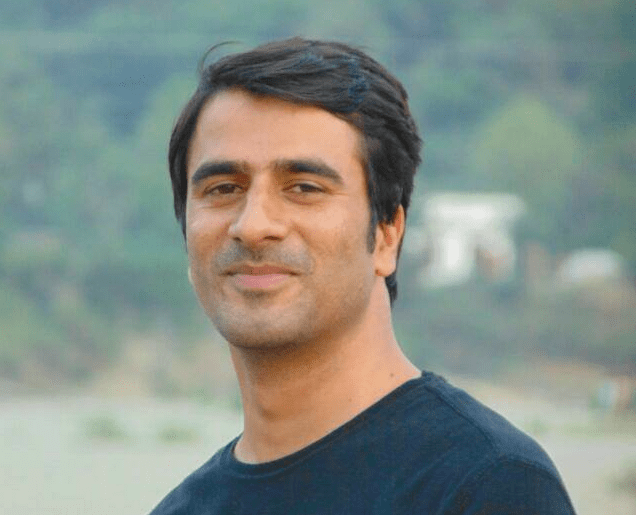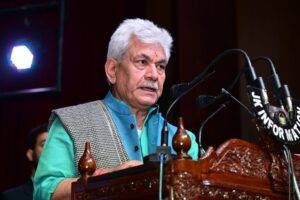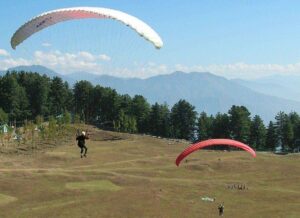Last Updated on December 10, 2020 at 4:20 pm
Recently, Stanford University released a list of the top 2% scientists in the world. Dr Shakeel Ahmed was one of the 2,313 Indians who are a part of the list. While most of the other Indian scientists in the list are from IITs and IISc, he does not have any backing of prestigious universities. The 31-year-old Dr Ahmed is also a member of the Royal Society of Chemistry and American Chemical Society.

Dr Shakeel Ahmed is a professor of chemistry at the Government Degree College in Mendhar Tehsil. He declined opportunities to teach at IITs and instead chose to help students who live close to the border.
He took birth in the remote village of Dhangri in Rajouri district, Jammu and Kashmir and lost his father when he was barely a year old.
He was the youngest of his seven siblings. When his father passed away, his mother, a housewife, alone had to bear all the responsibilities of her children. It was a real struggle for his mother. His mother had to labour in other people’s fields and stitch clothes for her and her children’s survival. Meanwhile, he and his siblings would help their mother in rearing the household goats and sheep. His family is from the nomadic Gujjar community.
In academics, he was an exceptionally bright student. He first studied at the local village school and then went on to study his Bachelor of Science (BSc) chemistry at the Government Degree College, Rajouri. He then went to Jamia Millia Islamia in New Delhi for his MSc and PhD. When his PhD was over, he was awarded the prestigious National Post Doctoral Fellowship and then entered in IIT Delhi.
After his stint as a National Post Doctoral Fellow at IIT-Delhi, he was offered the opportunity to be appointed as an assistant professor in the institute. But after a couple of months working there, he resigned from the fellowship. He then joined the Government Degree College in Mendhar as a professor. He says that he decided to go back so that the youth won’t have to face the kind of situation that he did.
His mission is to establish an NGO through which he along with other teachers can help educate, guide and counsel the students in these remote border areas.



